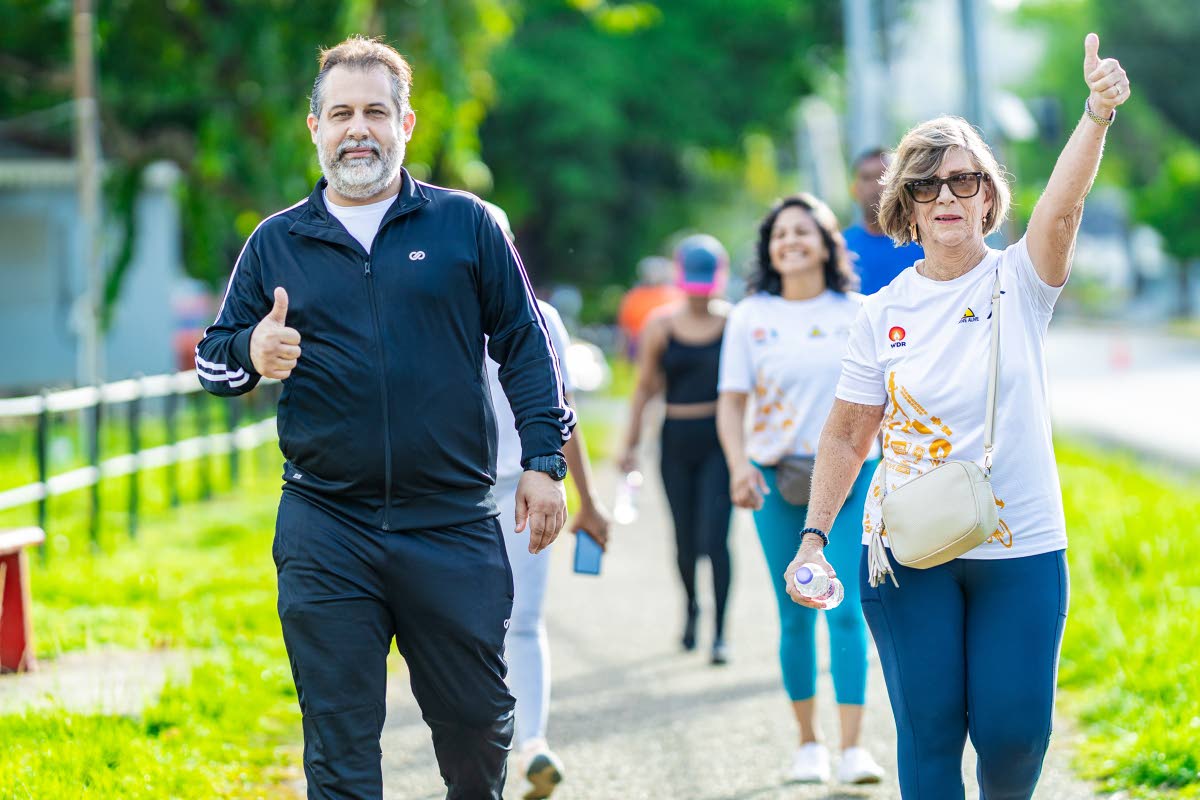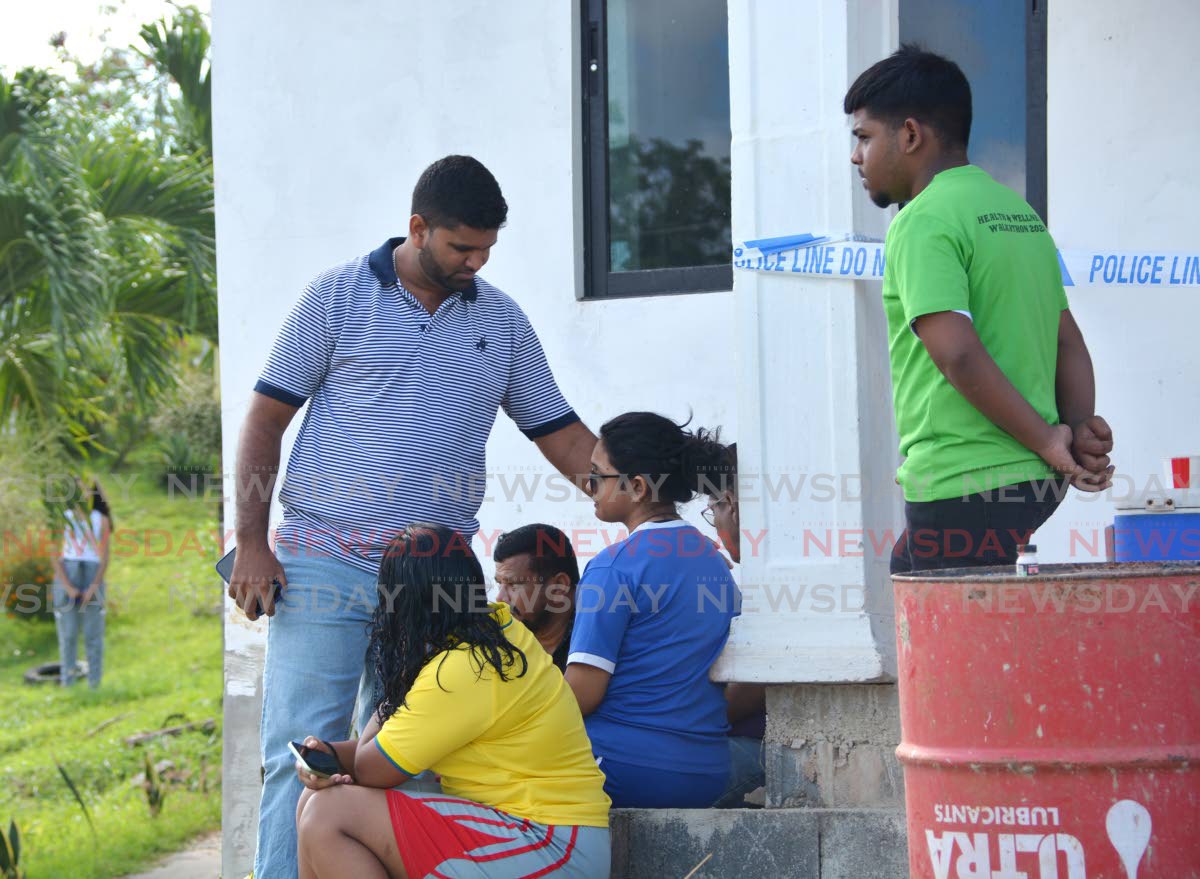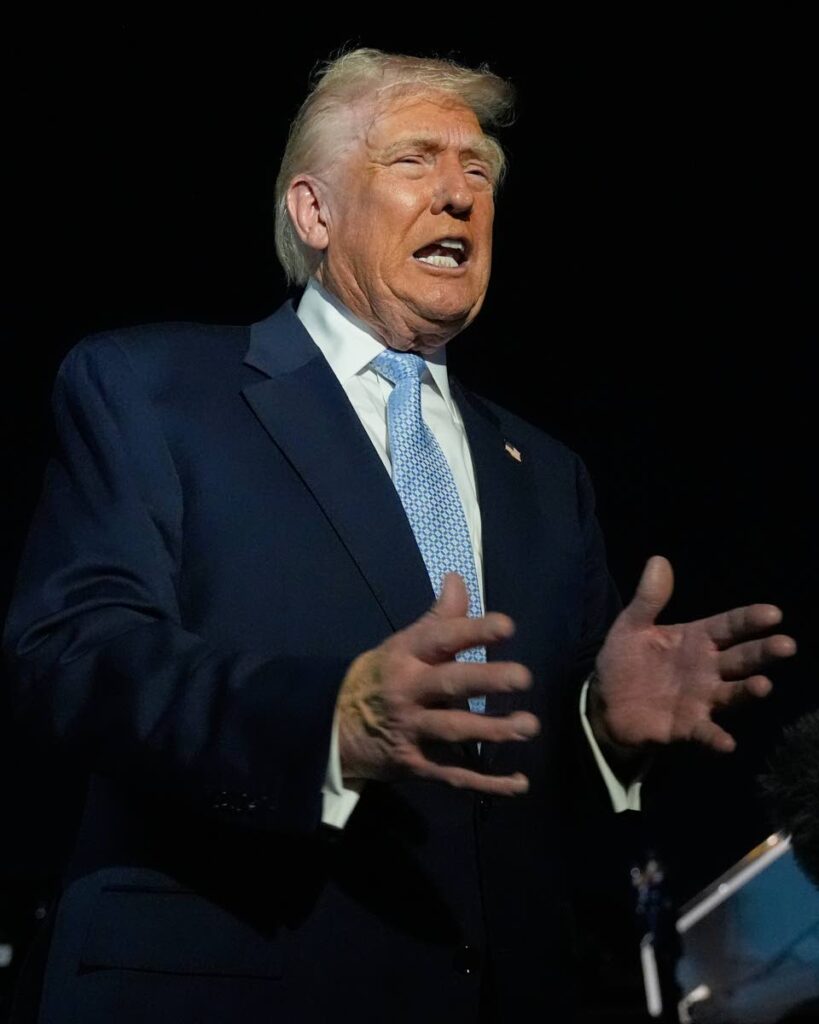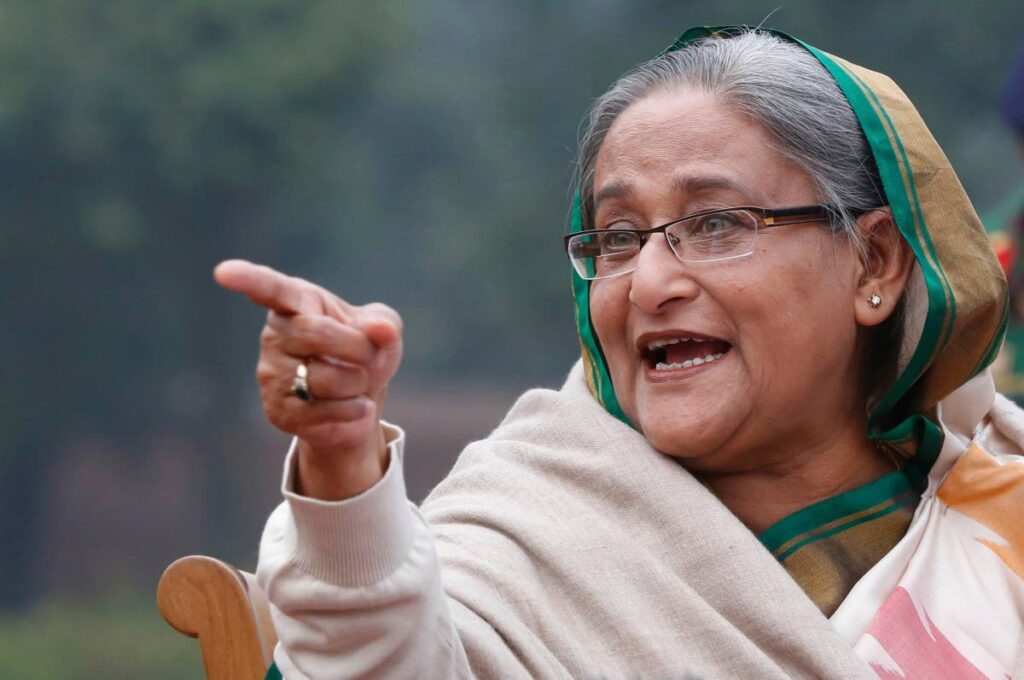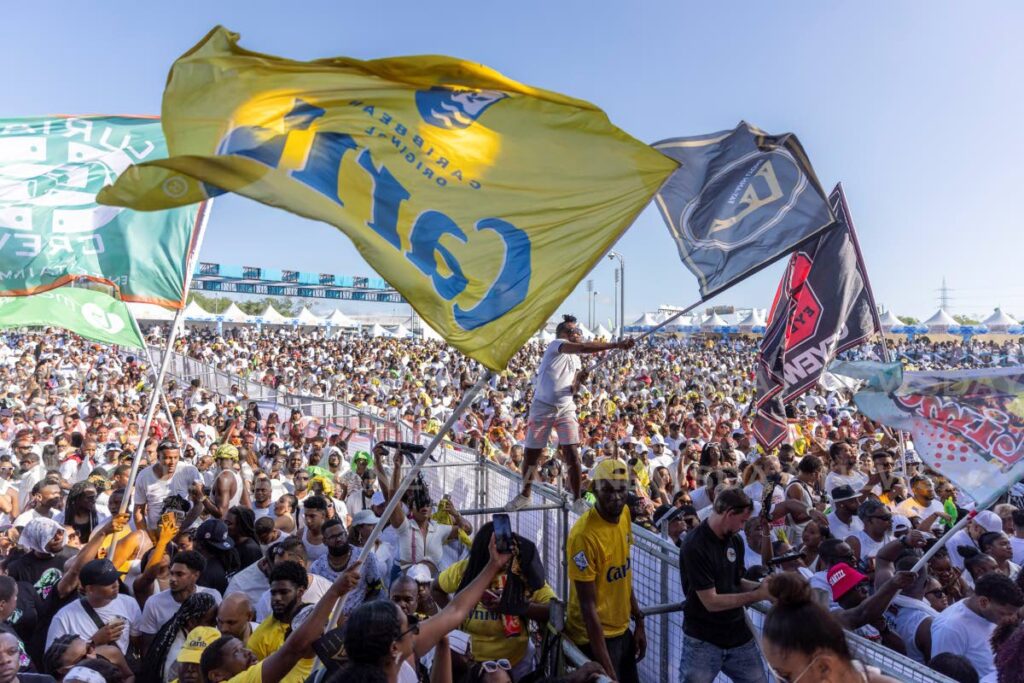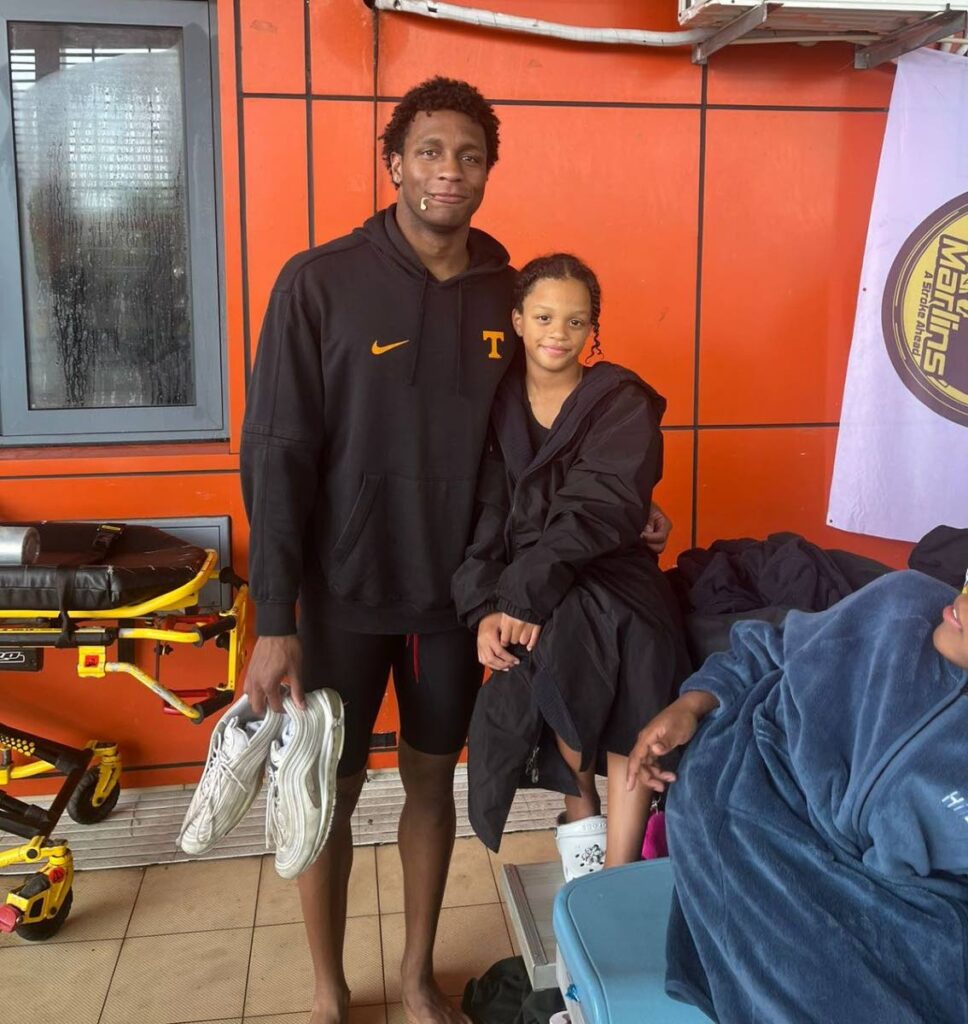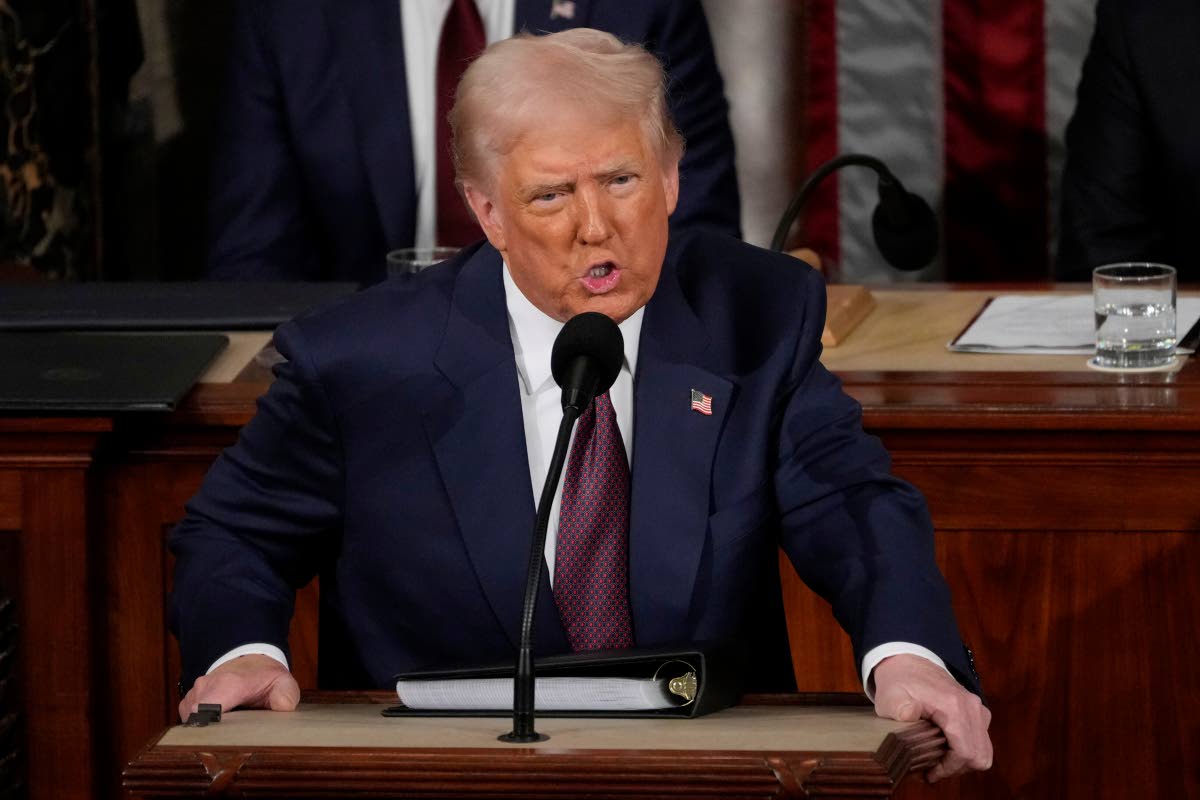Trinidad and Tobago is grappling with the devastating loss of Alexandra Kong, a 24-year-old fourth-year medical student at the University of the West Indies (UWI), who succumbed to pancreatic cancer on November 5. Her untimely death has sparked a national conversation about one of the deadliest and most elusive forms of cancer, drawing attention to the urgent need for awareness, early detection, and improved treatment options.
Dr. Fawwaz Mohammed, a renowned hepatopancreatobiliary surgeon with 18 years of experience, provided critical insights into the disease. He explained that the pancreas, located behind the stomach, plays a dual role in digestion and blood sugar regulation. Pancreatic cancer arises from uncontrolled cell growth, with pancreatic ductal adenocarcinoma (PDAC) accounting for 95% of cases globally and in Trinidad and Tobago.
Risk factors include smoking, obesity, chronic pancreatitis, heavy alcohol use, age over 60, and family history. However, the disease’s silent progression and the pancreas’ deep abdominal location make early detection challenging. Symptoms such as jaundice, abdominal pain, and unexplained weight loss often appear only in advanced stages.
Despite the lack of a reliable screening test, Trinidad and Tobago boasts advanced diagnostic and treatment capabilities, including CT scans, MRI, and the complex Whipple’s procedure. Dr. Mohammed emphasized the importance of lifestyle changes, regular check-ups, and public education campaigns similar to those for breast cancer.
Looking ahead, advancements in technology, artificial intelligence, and genetics offer hope for improved outcomes. Minimally invasive robotic surgeries, 3D/4D imaging, and innovative chemotherapeutic drugs are transforming cancer care. Dr. Mohammed remains optimistic, urging early detection and a holistic approach to health to combat this silent killer.

